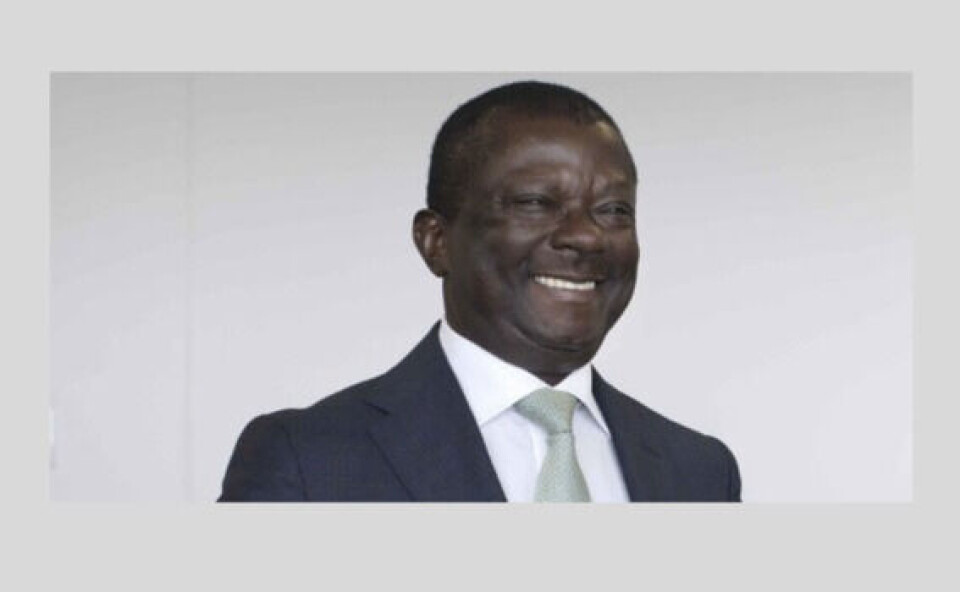In a ruling handed down in the Johannesburg High Court, Judge Thina Siwendu has effectively barred a US-based tech company from recovering about $95 million, plus interest, from the man, which it claimed it was owed from his unlawful transfer of shares.
A group of international businessmen and Wymont Services Ltd, shareholders of African Wireless Incorporated (AWI), registered in the state of Delaware, had obtained a default judgement against Alieu Conteh in California. They wanted a South African court to enforce the foreign judgement.
Judge Siwendu turned them down, saying the USA judgement was not enough to prove the debt. In her ruling, the judge said Conteh, who resides in Johannesburg, was also a shareholder of AWI.
Although born in Gambia, before relocating to South Africa, he also lived in the DRC and had business interests there. These included a stake in Congolese Wireless Network (CWN) which was awarded a licence to operate a cellular telephone network there.
Armed with this lucrative licence, CWN then entered into a joint venture with Vodacom International to form a new entity, trading as Vodacom Congo SPRL. Because AWI was the holding company of CWN, it became the owner of valuable telecommunications assets in Vodacom Congo SPRL.
The legal wrangle which played out in the court in California was based on allegations by the other AWI shareholders that, without their knowledge, Conteh had transferred shares from AWI to other entities. By that time, it was alleged, Conteh had fled from the DRC to South Africa because he was facing charges of fraud and forgery of documents relating to the transfer of the shares.
The US court determined the value of the transferred shares based on evidence from forensic accountants and in 2016, a judge there ordered Conteh to turn over the shares. Later that year, the matter was back in court with the aggrieved shareholders claiming that Conteh had not handed over the shares, and they wanted the money.
In the South African court, the shareholders claimed judgement against Conteh based on the ruling in the Californian court.
Conteh opposed the application. He had subsequently been diagnosed with dementia and his wife stepped into his shoes as the defendant. Their defence was that AWI had not suffered any loss and that the enforcement of a “money payment judgement would be repugnant to South African public policy principles”. It was also argued that because of his reduced mental capacity, the US court proceedings were “tainted”.
Judge Siwendu said the US judgement was made for the purpose of executing an attachment, and had not been converted into a money judgement. She said the aggrieved shareholders had wanted a ruling in terms of South Africa’s laws governing “provisional sentence” which was an extraordinary remedy.
In terms of the rules governing this, a judgement had to constitute prima facie proof of a debt and the US judgement did not. She said her ruling was affirmed by case law that a South African court should not apply foreign rules of procedure.
To join Africa Legal's mailing list please click here

